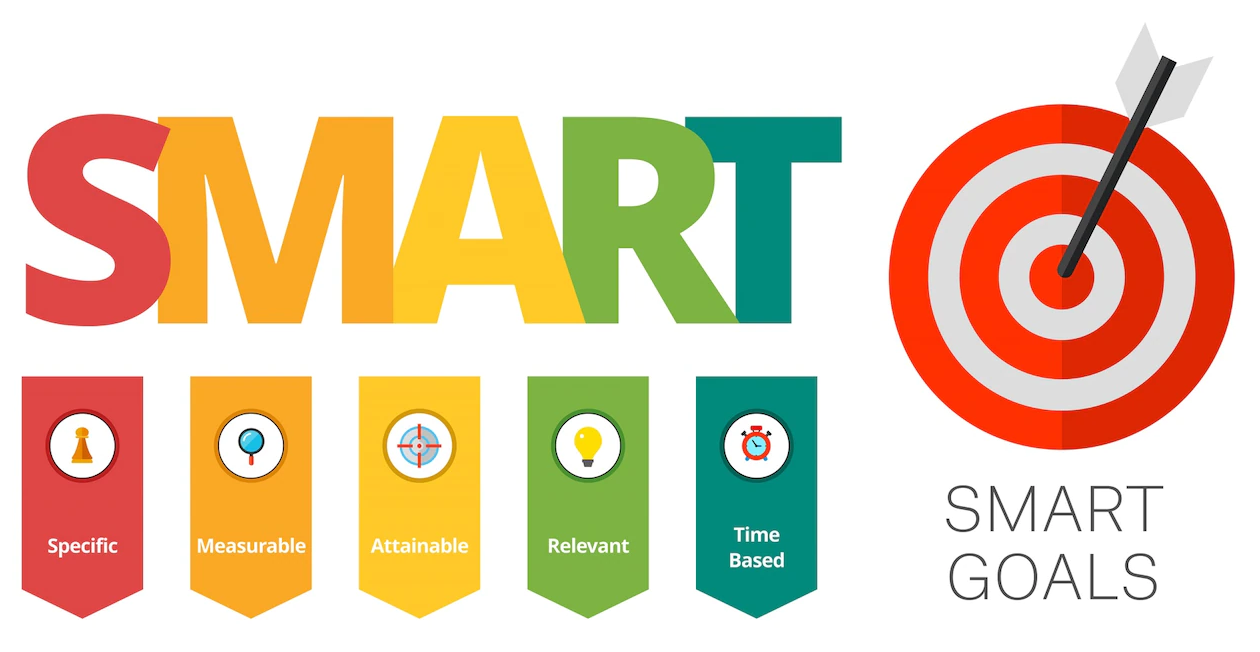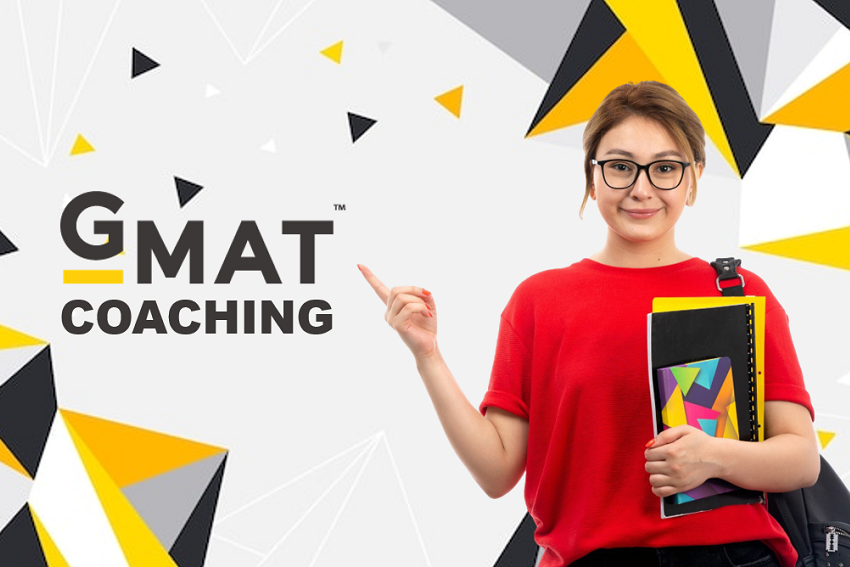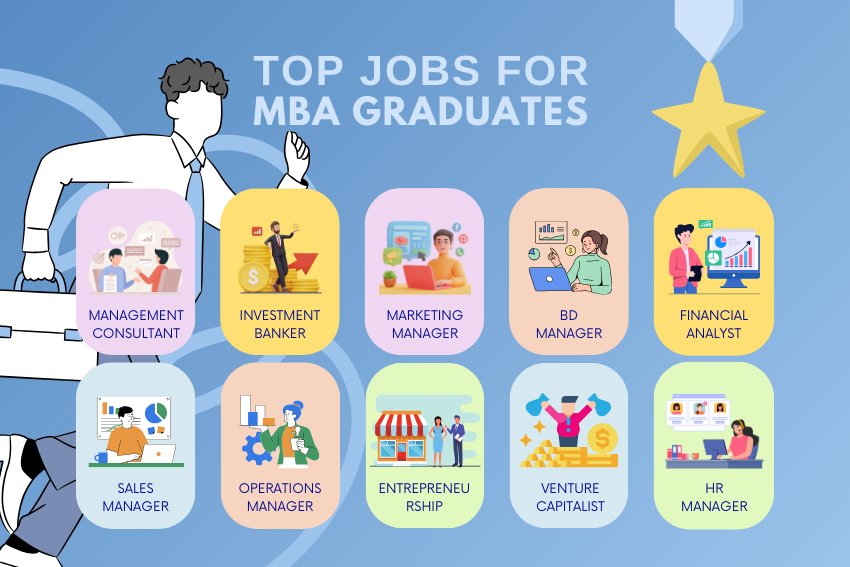Students who want to succeed academically frequently find themselves looking for ways to raise their academic grades and general performance. There isn’t a secret method for getting straight As, but there are several tactics that can help students reach their full potential, improve their learning, and eventually get better results.
How to Improve Academic Grades?
It’s no secret that having good grades can open up a lot of opportunities for students. If you’re looking to improve your academic performance, here are some ways on how to do it.
Effective Time Management
The key to academic achievement is time management. Effective time management can mean the difference between mediocre and excellent academic grades. This requires putting together a well-organised schedule that allots enough time for studying, attending classes, and juggling other commitments in one’s life.
Prioritisation—identifying the most crucial activities and tackling them first—is a crucial component of this method. Setting clear objectives and due dates for your academic assignments also fosters a sense of accountability and urgency.
Calendars and task management applications are two examples of productivity tools you should use to stay organised and track your schedule. You can maximise your study time, cut down on procrastination, and create a setting that will help you get better marks by developing your time management skills. This foundational ability cultivates useful life skills that go beyond the classroom as well as academic accomplishment.
Active Learning Techniques
Students should use active learning techniques in order to improve their comprehension and memory of academic topics. Active learning entails actively interacting with the content, as opposed to passive learning, which consists of only absorbing knowledge. This makes active learning a very effective strategy. This approach entails techniques like summarising intricate ideas in your own words, seeking clarification from others, and even imparting knowledge to others. These methods promote deeper cognitive processing and help people internalise knowledge.
Additionally, group discussions, problem-solving activities, and hands-on learning are all examples of active learning that foster critical thinking and a thorough understanding of the material. Ultimately, by encouraging a more dynamic and engaged approach to learning, incorporating active learning into your study regimen can improve academic grades.
Effective Note-Taking Skills
The ability to take effective notes is a crucial skill for students who want to improve their academic grades. In this important area of learning, the objective is to actively engage with and synthesise the material rather than passively recite it. Your note-taking skills can be improved through a variety of techniques.
- First, think about using a structured strategy that helps organise material consistently, such the Cornell method or the outline method.
- Second, write down only the most important ideas, thoughts, and supporting information.
Additionally, create your own set of symbols and abbreviations to speed up the procedure. The habit of going over and correcting your notes right away after the lecture or reading to confirm your grasp is equally crucial.
Finally, think about flexible digital note-taking tools and apps with search features. Effective note-taking is a skill worth practising in your academic career because it not only helps with comprehension but also serves as a useful tool for exam planning and long-term memory.
Utilizing Resources
The concept of “Utilizing Resources” covers an important facet of academic grades. Numerous useful tools are made available by educational institutions to help students on their path to learning. The library, which houses a sizable collection of books, journals, and research materials, is another important resource.
Academic support centres also offer tutoring, writing assistance, and subject-specific advice to aid students in understanding difficult ideas. Study groups provide a supportive setting for debating and elaborating on course material, improving comprehension.
Additionally, the digital era has brought along a variety of online resources that can enhance conventional learning techniques, such as educational websites, forums, and databases. Students must learn how to use and navigate these resources efficiently in order to get the most out of them.
Developing Critical Thinking Skills
The foundation of academic achievement is critical thinking ability because it enables pupils to approach learning with a deeper comprehension and a more analytical perspective. These abilities enable people to analyse information critically, separate sound arguments from bad ones, and effectively solve complicated issues. It’s crucial to take part in activities that tax your cognitive capacities if you want to cultivate critical thinking.
For instance, the Socratic method involves posing and responding to challenging questions to encourage critical thought. In addition, problem-solving activities like puzzles or fictitious situations can hone your analytical abilities.
By developing your critical thinking skills, you can improve your academic grades as well as set yourself up for a lifetime of thoughtful decision-making and problem-solving in a variety of spheres of your personal and professional life.
Effective Study Techniques
A key component of scholastic achievement is covered in the book Effective Study Techniques, which focuses on methods for streamlining the learning process and enhancing memory. This section explores approaches that have been scientifically shown to improve recall and comprehension.
First, spaced repetition is emphasised as a potent strategy. It entails going over the content more frequently over time, which improves memory retention. This approach makes use of the spacing effect, a psychological concept that helps people recall information better than when they cram.
Another useful tool that encourages productivity and concentration is the pomodoro technique. It involves segmenting study periods into quick, concentrated blocks of time (often 25 minutes), followed by a quick rest. This strategy maximises cognitive endurance while minimising procrastination, ensuring that study sessions are fruitful.
The value of educating students to learn is emphasised by the Feynman method. You are compelled to fully understand something by breaking it down into basic terms as if you were teaching it to someone else. During this approach, you can identify knowledge gaps that will help you focus on topics that require more investigation.
Another aspect of efficient study is the use of multimedia materials like movies, interactive simulations, and instructional apps. These technologies promote learning through a variety of senses and modalities, improving comprehension and memory.
Furthermore, crucial techniques include self-testing and active recall. Actively retrieving material from memory instead of passively rereading notes builds brain connections and reveals areas that need more attention. Self-tests and flashcards are two common ways to apply this strategy.
Effective Study Techniques” emphasises the value of maximising study periods using strategies that are supported by facts. Your study habits can be revolutionised by implementing spaced repetition, the Pomodoro technique, the Feynman technique, multimedia resources, active recall, and self-quizzing, which will increase learning effectiveness and enjoyment while improving academic grades.
Setting SMART Goals

Setting SMART objectives is a key tactic for improving academic grades. Goal-setting is facilitated by the SMART (Specific, Measurable, Achievable, Relevant, and Time-bound) principles, which stand for Specific, Measurable, Achievable, and Time-bound. Your academic goals become more attainable and inspiring when you establish SMART goals.
Specific goals: Clear and well-defined objectives are specific. A more particular objective may be “I aim to achieve an A grade in my calculus course this semester,” as opposed to a general one like “I want to do better in maths.” Your efforts will be clearly guided by this particularity.
Measurable goals: Setting measurable objectives enables you to monitor your success. You can track your progress toward the objective and determine whether you’ve reached it by entering measurable criteria, such as exam results or tasks finished.
Achievable goals: Realistic and reasonable objectives are achievable. Setting objectives that are compatible with your resources and talents is essential. While having high expectations is admirable, too ambitious ambitions can result in frustration and burnout. For instance, it might not be realistic to establish a goal to get an A in a subject if your present grade is a C. A realistic objective might require making small progress during the semester.
Relevant goals: Relevant objectives complement your academic and personal objectives. Your objectives should be significant and pertinent to your academic path. You may make sure that your efforts are focused and purposeful by setting appropriate goals.
Time-bound goals: Time-bound objectives have a deadline for completion. Setting a deadline fosters devotion to your objective and a sense of urgency. A time-bound objective, such as “I will finish all of my history readings by Friday night to prepare for the upcoming exam,” establishes a specific schedule for completion.
Managing Stress and Anxiety
The ability to control stress and anxiety is essential for academic grades. The rigours of exams, assignments, and other obligations can frequently cause extreme levels of stress. It’s essential to use a variety of ways to tackle these difficulties. Deep breathing exercises and relaxation methods like meditation can help reduce stress and foster a sense of peace.
In addition, getting support from peers, counsellors, or support groups can offer priceless emotional support and coping mechanisms. It’s also crucial to exercise self-care, keep a healthy work-life balance, and set reasonable expectations. Students can establish an environment that is conducive to effective learning and increased academic success by proactively managing stress and anxiety.
Effective Communication with Professors
A good academic career depends on having effective professor communication. Building a good rapport with your teachers will help you gain access to important advice and support.
Don’t be afraid to ask for help when you need it, whether you’re having trouble with an assignment or a difficulty. Attend office hours or send brief, organised emails outlining your queries or concerns to show initiative. Positive rapport-building opportunities include showing a sincere interest in the topic matter and actively participating in class discussions.
Additionally, keep in mind that professors are there to support your success, so don’t be shy about asking for advice, talking about your academic objectives, or asking for references or mentorship. Effective communication not only improves the learning process, but it can also produce insightful discoveries that advance your academic development.
Utilizing Technology Wisely
Technology has become an integral part of our lives, and it’s no surprise that it can be used to improve academic grades. In today’s digital age, students have access to a wide range of tools and resources that can help them succeed in their studies. From online tutoring services to educational apps, there are plenty of ways technology can help students achieve better grades.
Regarding academics, technology can be a double-edged sword. We’ll look at how to use technology effectively for productivity and learning while avoiding distractions.
Developing a Growth Mindset
A growth mindset is the conviction that you can get better with practice and through learning from mistakes. We will explore the idea of a growth mindset and how to develop one to improve your academic grades.
It involves having a positive attitude and believing that effort, rather than innate talent, leads to success. By embracing this idea, students can develop a more productive approach to learning and increase their chances of achieving better results in school.
A growth mindset encourages students to take risks and try new things even if they may not be successful the first time around. This helps them become comfortable with failure as part of the learning process instead of viewing it as an end point or something negative.
When faced with challenging tasks or assignments, those who have adopted a growth mindset are more likely to stay motivated because they understand that mistakes are part of improving skills over time rather than signs of personal inadequacy or lack thereof .
Balancing Academics and Personal Life
Long-term success depends on maintaining a healthy balance between your personal and academic obligations. We’ll offer time-management, boundary-setting, and self-care techniques.
It can be a challenge for students to find the right balance between their school work, extracurricular activities, social life, and self-care. To achieve this balance it’s important that students prioritize tasks according to importance and set realistic goals they can easily accomplish in order not become overwhelmed or stressed out by too much work.
Furthermore developing healthy habits like eating a balanced diet, exercising regularly, getting enough restful sleep every night as well as setting aside time for relaxation are all key factors in maintaining an effective balance of studying hard while still taking care of oneself both mentally and physically which will ultimately result in better academic performance over time.
Enhancing Study Environment
Your focus and productivity can be significantly impacted by your learning environment. Creating a comfortable and productive study environment is essential for improving academic grades. It should be free from distractions, such as loud noises or bright lights, so that students can focus on their studies without any interruption.
Additionally, the space should be well-organized with adequate resources to facilitate learning. This includes having sufficient textbooks and reference materials at hand to support research efforts.
Finally, it’s important to ensure there are enough breaks in between studying sessions so that students remain motivated throughout the process of achieving better grades in school.
Seeking Peer Support
Creating study groups and studying with others might help you learn and remember things. Talking with friends who are in the same classes or studying similar topics can help you stay motivated and focused on your studies. You can also collaborate together on assignments, review notes, and discuss concepts that you may not understand fully.
Additionally, having someone to study with helps break up long hours of studying alone which makes it easier to focus for longer periods of time. Finally, it’s always helpful to have an accountability partner when striving to improve academic grades as they can provide encouragement when needed and keep track of progress along the way!
Continuous Self-Assessment and Adaptation
By taking the time to reflect on past performance, identify areas of improvement, and take actionable steps towards making those changes, students can better understand their strengths and weaknesses in order to maximize their potential for success.
Additionally, by adapting current study habits or learning strategies based on individual needs or preferences, students can ensure that they are utilizing methods that best suit them in order to achieve desired outcomes.
With continuous self-assessment and adaptation as part of a student’s routine work ethic throughout the school year will lead not only improved academic grades but also greater confidence when it comes time for exams.
Finally, we’ll stress how critical it is to frequently evaluate your academic progress, make necessary adjustments to your approach, and seek feedback in order to improve your academic grades and performance as a whole.
Conclusion
The route toward improving your academic performance calls for commitment, effort, and the application of successful tactics. You can greatly improve your academic success by developing time management skills, embracing active learning, and making the most of the tools at your disposal.
Your success will also be aided by honing your critical thinking abilities, creating SMART goals, and stress management. Always keep in mind that every student’s academic journey is different, therefore it’s crucial to customise these tactics to fit your needs and objectives. You may unleash your full academic potential and get the grades you want by adopting the right mindset and consistently using these tried-and-true tactics.






